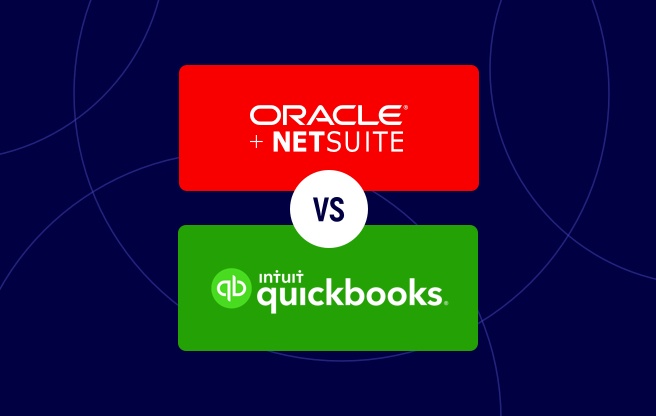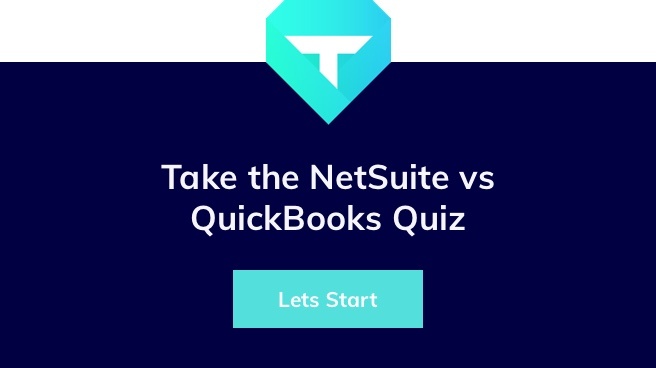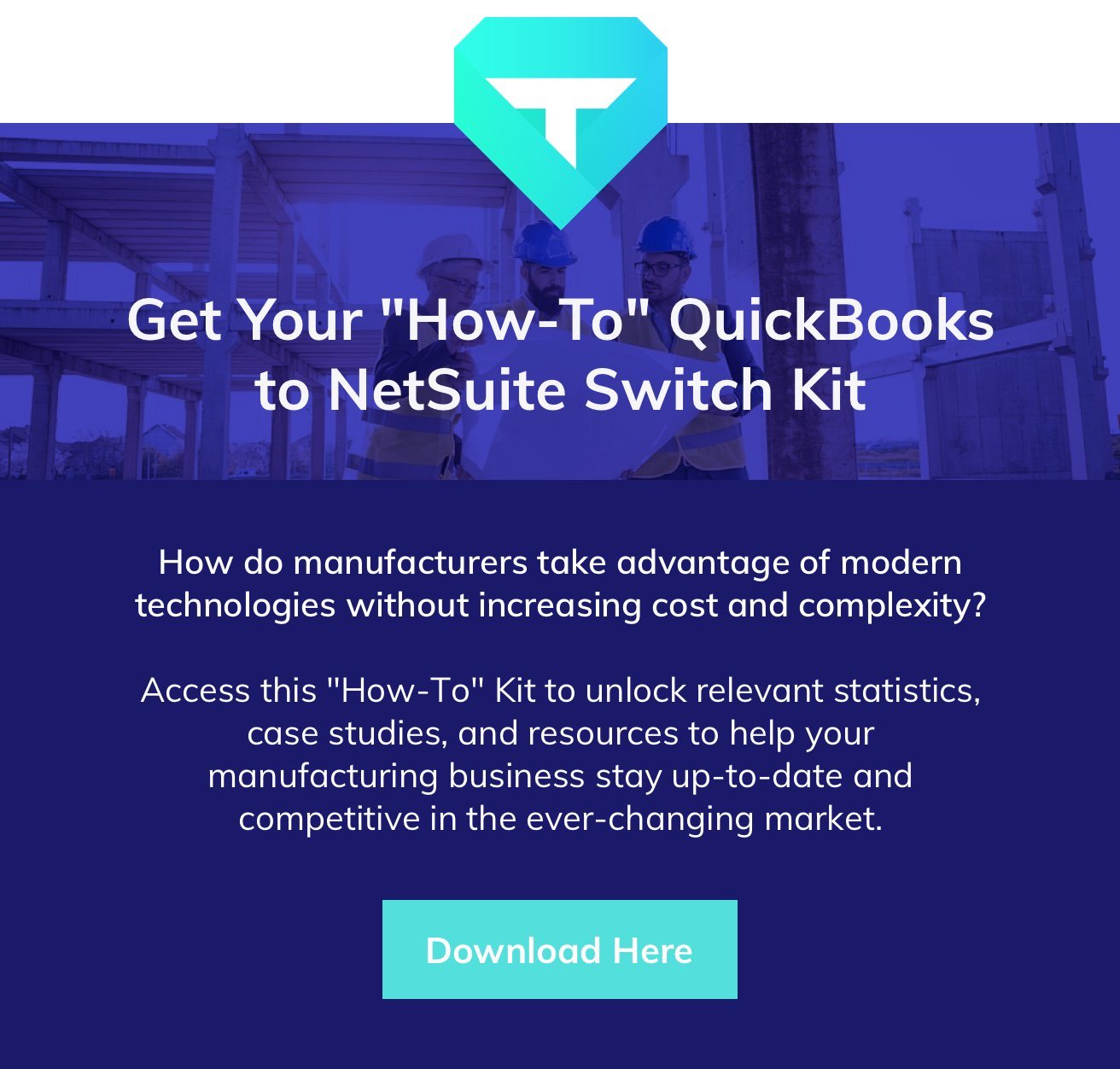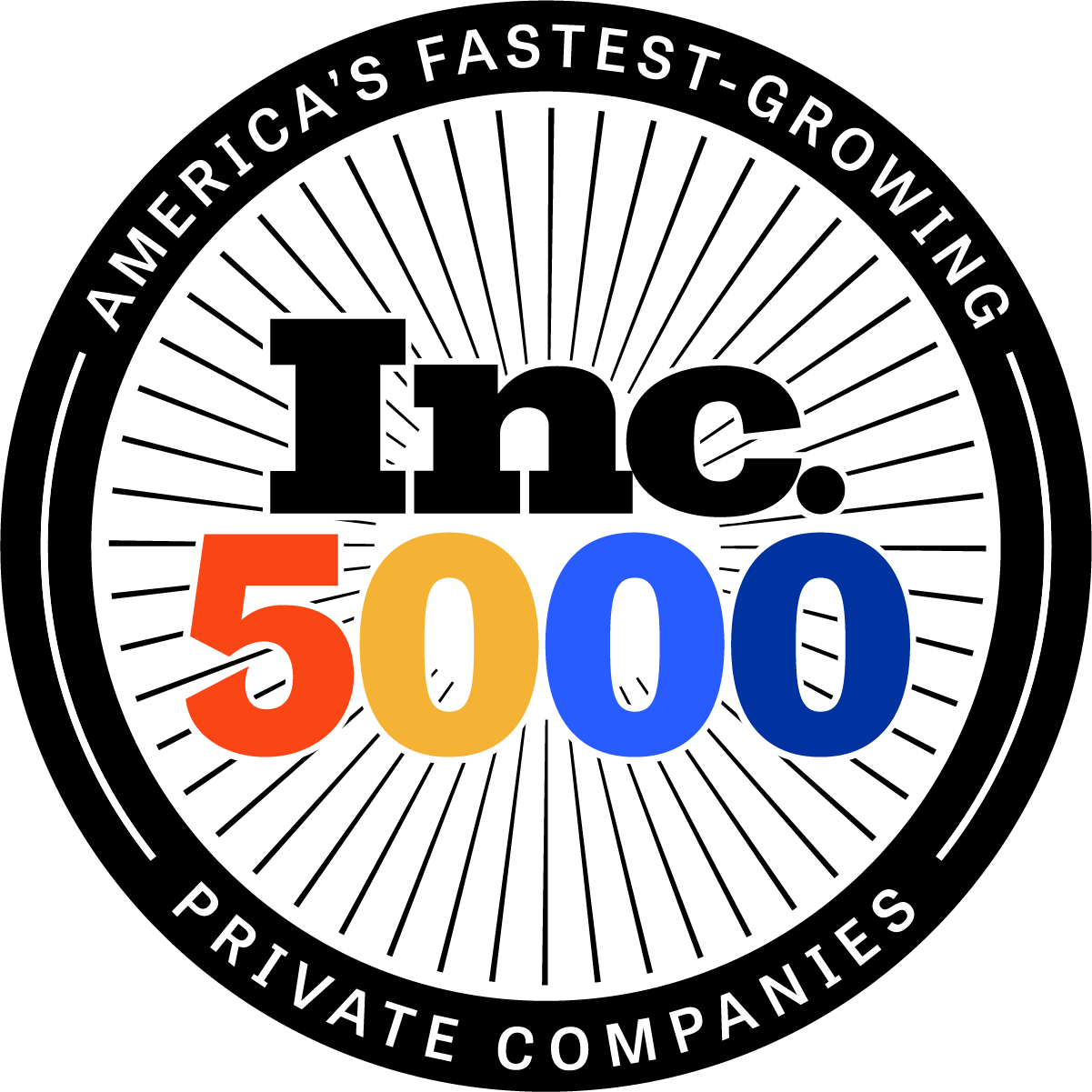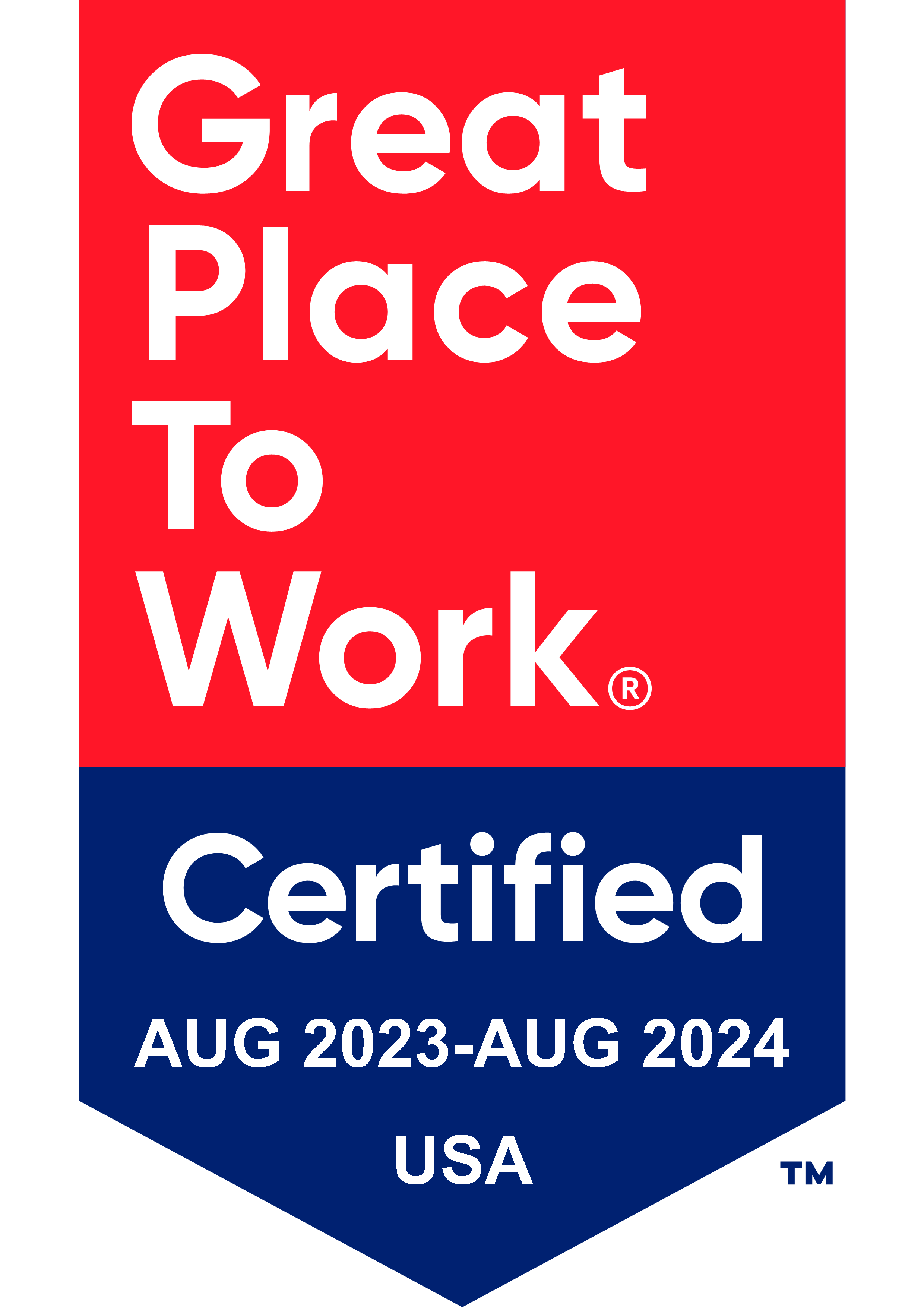When it comes to choosing accounting software for your small business, two of the most popular options on the market are Oracle NetSuite and QuickBooks. Both of these platforms offer a range of tools and features to help companies manage their finances and stay organized. However, they also have some notable differences that may make one a better fit for your specific needs. In this updated comparison guide for 2023, we'll take a closer look at NetSuite and QuickBooks, comparing and contrasting their key features and capabilities to help you make an informed decision.
QuickBooks has been the go-to business accounting software for startups for many years, and for good reason. Its user-friendly interface, diverse integrations with banking and HR systems, and competitive price make it an excellent choice for small businesses seeking reliable accounting software.
If you need a bit more than just accounting software for your business, QuickBooks Enterprise, and NetSuite both offer features to support inventory and order management for improved accuracy and productivity. Simplified warehouse management, mobile inventory barcode scanning, inventory cost tracking, and field service management are also included.
For companies that have outgrown QuickBooks Online or QuickBooks Desktop, NetSuite offers a compelling alternative to businesses that are considering making the switch to QuickBooks Enterprise.
NetSuite in addition to financial management also includes a natively integrated ERP, CRM, Ecommerce, SRP, HCM and more, while QuickBooks Enterprise does not.
QuickBooks Enterprise users must resort to multiple third-party solutions that come along with the predictable difficulties: inconsistent reports, broken integrations, manual re-work, redundant processes and continually multiplying Excel sheets.
Do you want all the complications that come with dealing with multiple vendors when billing, vendor management and software licensing could be simpler with a single solution like NetSuite ERP?
Keep reading to learn more about how NetSuite compares to QuickBooks.
Feel free to bookmark this page as a resource during your ERP evaluation.
Table of Contents
- NetSuite vs QuickBooks: Overview
- NetSuite vs QuickBooks: Company Profiles
- NetSuite vs QuickBooks: Features
- NetSuite vs QuickBooks: Pricing
- NetSuite vs QuickBooks: Reviews
- NetSuite vs QuickBooks: Support
- Conclusion
A Brief Overview:
Both QuickBooks and NetSuite offer cloud-based financial management software designed to help companies run their businesses.
But...
QuickBooks focuses primarily on financial management and functions solely as a small business accounting solution.
Whereas, NetSuite offers an entire suite of enterprise grade applications that reaches well beyond the needs of accounting & finance.
For example, NetSuite offers
- Marketing Automation & Customer Relationship Management (CRM) software
- Order Management software
- E-Commerce software
- Point of Sale software
- Inventory and Warehouse Management software
- and much more
all sitting on top of a cloud-based platform designed for extensibility and personalization unique to your business.
Additionally, not only is NetSuite known for its broad set of functionality its also acknowledged as a best in class cloud-based ERP offering according to industry experts like Gartner.
Company Profiles:

Founded in 1998, Intuit's QuickBooks provides a set of software solutions designed to manage payroll, inventory, sales and other needs of a small business. With 1.8 million customers QuickBooks is the largest provider of accounting software for small business.

NetSuite is the leading cloud-based ERP solution, which allows companies to automate front and back-office processes like financial management, revenue management, fixed assets, order management, billing, and inventory management and more.
39
24
~1.8 million
~20,000
- Accounting Firms
- Financial Services
- Franchise
- Church / Religious
- Insurance
- Lawn Care & Landscaping
- Legal Services
- Nonprofit
- Property Management
- Restaurant, Caterer and Bar
- Retail
- Transportation
- Wholesale Distribution
- Services
- Software and SaaS
- Retail
- E-commerce
- Financials Services
- Advertising
- Media & Publishing
- Healthcare
- Life Sciences
- Energy
- Education
- Transportation & Logistics
- Nonprofits
- Social Venture
- Services
- Software and SaaS
- Manufacturing
- Wholesale Distribution
Feature Comparison:

- Accounts Payable
- Accounts Receivable
- General Ledger
- Multi-Currency
- Budgeting

- Accounts Payable
- Accounts Receivable
- General Ledger
- Multi-currency/multi-tax,multi-language
- Fixed Assets
- Multi-Company & Consolidation
- Revenue Recognition
- Subscription Billing
- Forecasting & Budgeting
- Financial Planning & Analysis

- Order Management
- Procurement
- Inventory Management

- Order Management
- Production Management
- Inventory Management
- Procurement
- Warehouse & Fulfillment
- Demand Planning
- WIP & Routing
- Work Orders & Assemblies
- Shop Floor Control & BOM Maintenance

- Payroll

- Human Resources Management
- Payroll
- Employee Center

- Point of Sale
- E-commerce

- Point of Sale
- E-commerce
- Order & Inventory Mgt
- Product Content Mgt
- E-commerce Marketing Automation

- No capabilities

- Project Management
- Resource Management
- Time sheet Management
- Expense Management


NetSuite vs QuickBooks Pricing Comparison:
Month to Month
NetSuite requires a year-long contract; renewed annually.
Limited setup fees. May incur additional fees for integrations, training and support.
Additional fees apply for professional services such as implementation, integration, customizations, data migration and support.
Annual recurring fees for the software subscription and ongoing consulting or book keeping services.
Annual recurring fees for the software subscription and support. May require ongoing consulting/optimization depending upon the clients needs.
Direct or through an Authorized Partner
Direct or through and NetSuite Solution Provider Partner
Analyst & Customer Reviews:

- 4 Stars 1,736 Reviews
- Recommend by 81% of users

- 4 Stars 91 Reviews
- Recommended by 78% of users
Not recognized in Gartner's Magic Quadrant Review
Customer Support:

6AM - 6PM (PST) Mon.-Fri.

24/7 toll-free worldwide phone support available
Live and/or online training available by QuickBooks trainers and by partners.
Live and/or online training available by NetSuite training department and by partners.
QuickBooks has extensive knowledge base available to users.
NetSuite has an extensive knowledge base (SuiteAnswers) available to all users as well as online user group.
Dozens of trainers and local user groups across the United States.
Dozens of local user groups across the United States.
Primary Differentiators:

Disconnected systems make it nearly impossible to gain holistic business insights.
Keeping one set of data in QuickBooks and storing critical information elsewhere makes reporting difficult.

NetSuite ties business processes, departments and divisions together since every user within the application is using the same data repository, updated in real-time.
Everyone is on the same page, errors are minimized, and you gain broad insights across all business units and all facets of the business.
QuickBooks is a siloed product with a myriad
of apps that need to be updated and supported.
This produces a disparate and individual process-driven systems "hairball".
NetSuite offers an industry tailored financial management system that provides customers the ability to fully manage their business within the suite.
NetSuite can start, grow and scale with your business from inception to the future.
With QuickBooks, it's hard to be agile and responsive. You can’t, for example, allow customers to see stock levels & confirm delivery schedules while working with a customer in real-time or take calls from customers minutes after an order is placed.
NetSuite provides E Commerce, CRM, ERP, Inventory Management, Billing, Revenue Management and HR in one centralized cloud platform, making your business freer and faster, increasing efficiency and sales at the pace you need.
Top 7 Functional Weaknesses of QuickBooks Compared to NetSuite
- Limited reports (depending upon subscription type)
- Up to 25 users on the Small Business Advanced package
- Does not support multi-subsidiary consolidation
- Cannot perform accounting functions such as fixed assets, multibook accounting, recurring billing, and rev rec
- Inventory only supports simple WD or Manufacturing needs.
- Limited project management and project billing. Cannot manage to task level, manage resources, or adequately assign costs to projects.
- QuickBooks Online offers no industry-specific versions. QB Enterprise offers industry packages, but the dated technology relies on hosted version of desktop software.
Parting Thoughts...
QuickBooks can be a viable solution for many small businesses just getting off the ground however it's not designed to be your forever accounting software solution.
For business leaders expecting rapid growth we'd suggest considering an accounting / ERP solution that can meet both your immediate short-term software needs and scale as your requirements mature and evolve.
It's common to see companies settle for a QuickBooks solution and require a system migration in just a year or two to support growth and expansion.
You can avoid the disruption and expense by choosing a solution like NetSuite to be the last accounting / ERP solution you implement no matter how large or how fast you grow.
“With NetSuite, we have better financial data right at our fingertips to measure KPIs across balances, sales rep performance and transaction monitoring, all posted right within the application.” - Shiftgig
For business leaders expecting rapid growth we'd suggest considering an accounting / ERP solution that can meet both your immediate short term needs and scale as your requirements mature and evolve.
It's common to see companies settle for a QuickBooks solution and only to require another accounting system in just a year or two to support growth and expansion.
You can avoid the disruption and expense by choosing a solution like NetSuite to be the last accounting / ERP solution you implement no matter how large or how fast you grow.

